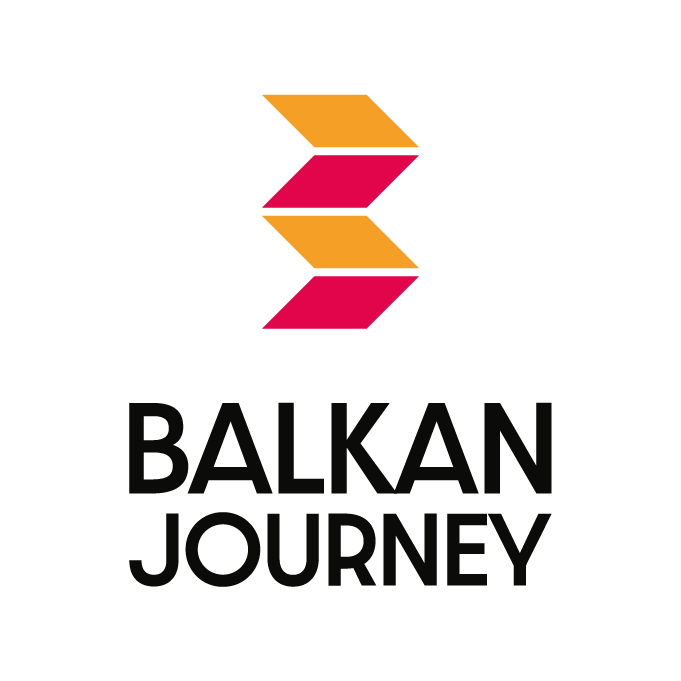
Click here to learn more
Friends of Europe’s Balkan Journey seeks to circumvent stagnant debates on enlargement in order to focus on moving the region forward in practical terms through political imagination and forward-looking solutions.
Reframing the narrative to focus people-centred priorities rather than political objectives can bring a fresh policy perspective to overwrought discussions on how to strengthen and develop the Balkan region and close the gap to the EU.
A greater focus on inclusion and amplifying the voices of women and youth is one clear path forward. Other priorities include digital transition, green transformation, increased regional cooperation and the strengthening of democracy and rule of law.
Our articles and the Balkan Journey as a whole will engage with these overlapping and interlinking themes, promote new and progressive voices, and foster pathways to regional cooperation, resilience and inclusion, informing the content and recommendations for our annual EU-Western Balkans Summit.









